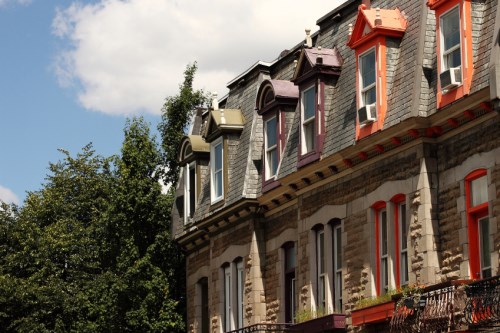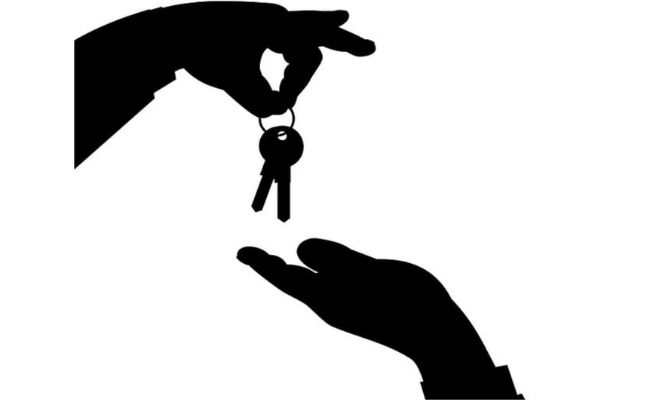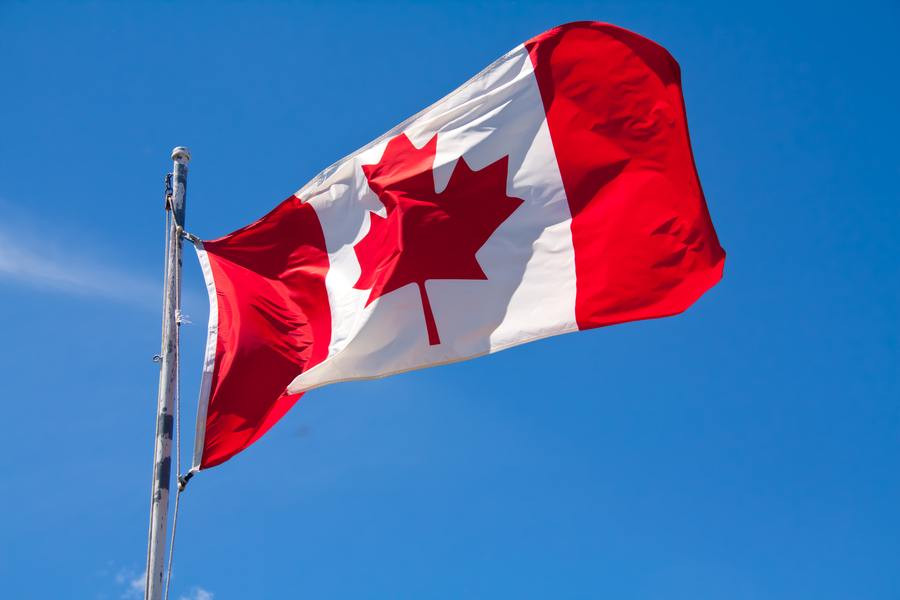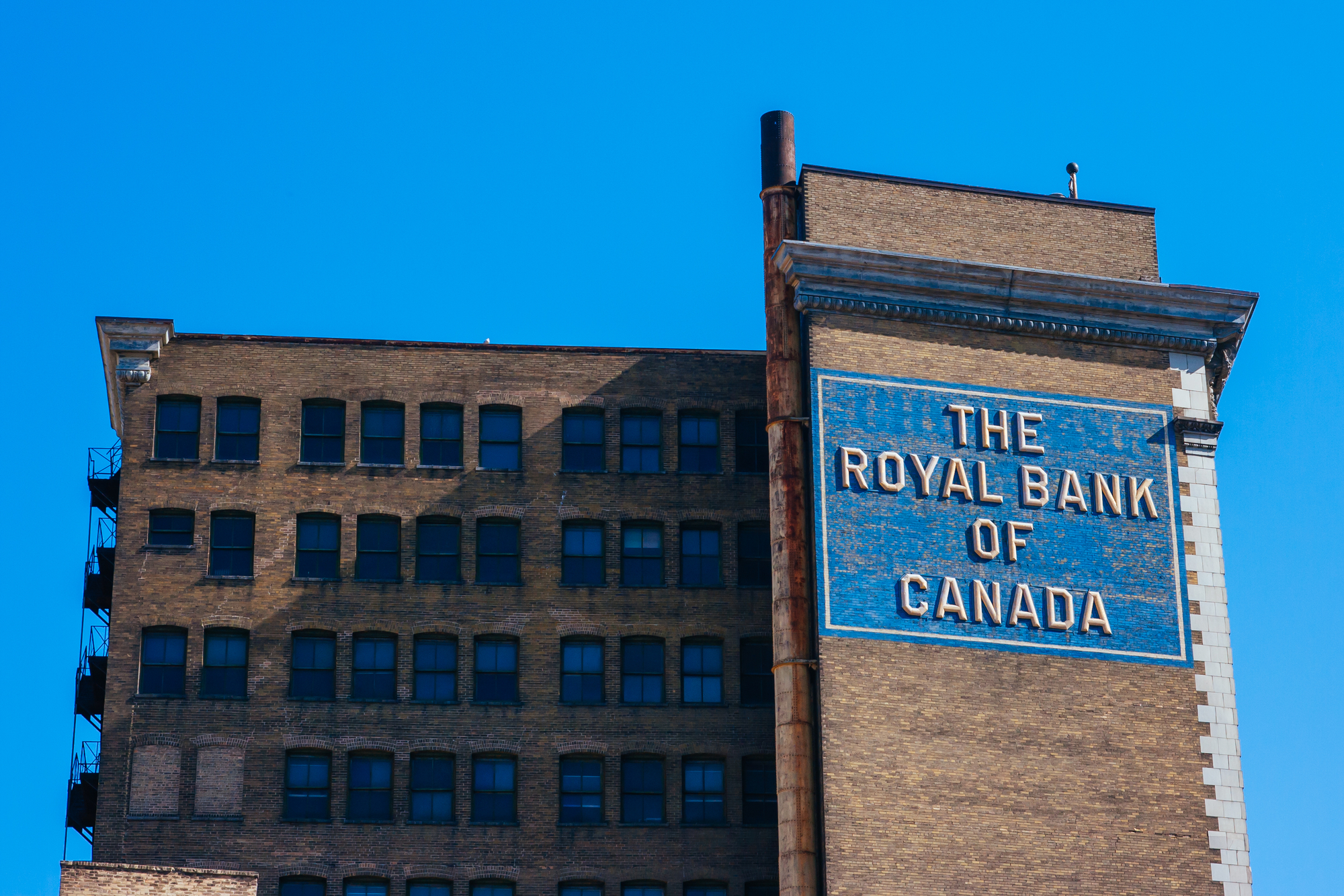Montreal’s policy advocates and key players have been engaged in a long-running debate that is expected to shape the city’s development prospects for the next few decades – but any plan of action should not come at the cost of dulling developers’ enthusiasm because of restrictive regulation and taxes, according to an academic.
Mario Polèse, professor emeritus at Montreal’s Institut national de la recherche scientifique, stated in an interview with The Globe and Mail that any plans involving the downtown area must take the construction of tall buildings into account as that section of the city is already highly constricted.
“If we want to keep the downtown strong, just like Manhattan, we’re going to have to allow people to build up,” Polèse said.
First sketched up as far back as 2004, Montreal’s current Master Plan has been the subject of much discussion among industry players and concerned citizenry looking to make it more suited towards the needs of 21st century growth.
Read more:
Olivier Roy-Baillargeon of the Vivre en Ville public interest organization said that the revamp of the Master Plan is the best chance to emphasize that older legacy buildings can be safely converted into social and affordable housing.
Meanwhile, Heritage Montreal policy director Dinu Bumbaru stressed that any plan should not sacrifice what made Montreal culturally singular in the first place, especially buildings like the Royal Victoria and Hôtel-Dieu hospitals.
“We’re in a period where there is tendency to find shortcuts in urban planning. Implementing a new urban plan is important and it has to be done right. It’s been a long time since it should have been updated,” Bumbaru said, criticizing the unchecked construction of what he called “cookie-cutter condo towers.”
The Projet Montréal party – which last year has promised to entice developers to engage in the construction of more social housing and affordable units – has apparently taken on the reins of navigating the Master Plan to a direction more accommodating to future growth and development.
This seeming unilateralism has been criticized by some quarters.
“[Projet Montréal is] a party that lays claim to being democratic – in its campaign promises, for example – but doesn’t give much prominence to participatory democracy,” University of Montreal political science professor Laurence Bherer said.
City officials remained mum for now, not volunteering details on any new version of the Master Plan.
“We want the revision of the urban plan to be subject to a large-scale public consultation, in order to engage Montrealers in a real discussion about their aspirations for the city,” city spokesman Youssef Amane wrote in an email.
Ephraim is currently a journalist at Mortgage Broker News, Real Estate Professional and Canadian Real Estate Wealth.
Ephraim is a highly accomplished news reporter whose work has been published across North America and the Asia Pacific region. Before joining Key Media, Ephraim spent eight years working as a journalist with Reuters TV. His areas of expertise include real estate, mortgage, and finance.
LinkedIn | Email









